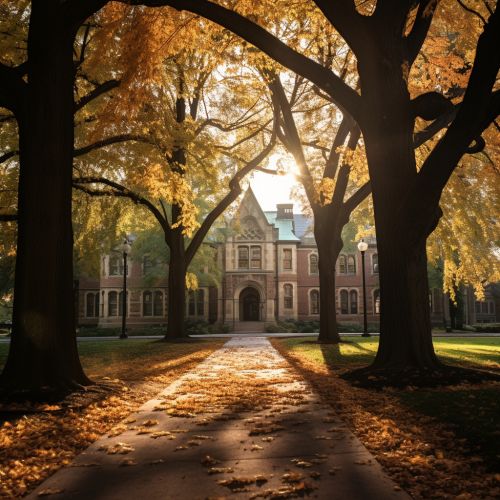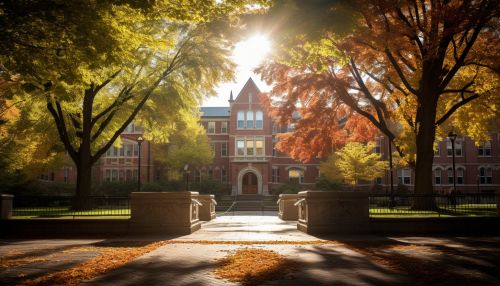Roger W. Sperry
Early Life and Education
Roger Wolcott Sperry was born on August 20, 1913, in Hartford, Connecticut. He was the son of Francis Bushnell and Florence Kraemer Sperry. His interest in science was kindled at an early age, leading him to study English and premedical subjects at Oberlin, Ohio. He graduated with a BA degree in English in 1935 and received his MA in Psychology from the same institution in 1937.


Sperry then moved to the University, where he studied under renowned neurobiologists Paul Weiss and Karl Lashley. He received his Ph.D. in Zoology from the University of Chicago in 1941. His doctoral dissertation, titled "Functional results of crossing nerves to antagonistic limb muscles in the monkey," laid the groundwork for his later work in neurobiology and brain plasticity.
Career and Research
After receiving his Ph.D., Sperry joined the Yerkes Laboratories in Orange Park, Florida, as a postdoctoral fellow. Here, he conducted research on the neural basis of complex behaviors in primates. In 1942, he moved to Harvard, where he continued his research on the nervous system.
In 1952, Sperry joined the California Institute (Caltech) as the Hixon Professor of Psychobiology. At Caltech, he established a new laboratory dedicated to the study of neurobiology and began his groundbreaking work on the split-brain theory.
Sperry's research primarily focused on the functional specialization of the cerebral hemispheres, or the "split-brain" phenomenon. He conducted a series of experiments on cats and monkeys whose corpus callosum – the bundle of nerve fibers connecting the two cerebral hemispheres – had been severed. His experiments revealed that the two hemispheres of the brain can function independently and have different abilities. This work led to a new understanding of the lateralized brain and had profound implications for the study of brain function and consciousness.
Sperry's work on the split-brain theory revolutionized the field of neuroscience. His research provided new insights into the structure and function of the human brain and contributed to the development of new therapeutic strategies for brain disorders.
Awards and Honors
Throughout his career, Sperry received numerous awards and honors for his contributions to neuroscience. In 1972, he was awarded the Louisiana State University's prestigious Albert Lasker Basic Medical Research Award. In 1979, he received the Wolf Prize in Medicine for his split-brain research.
Sperry's most significant recognition came in 1981 when he was awarded the Nobel Prize in Physiology or Medicine. He shared the prize with David H. Hubel and Torsten N. Wiesel, who were recognized for their work on information processing in the visual system. Sperry's half of the prize was awarded for his discoveries concerning the functional specialization of the cerebral hemispheres.
Later Life and Legacy
Sperry continued his research at Caltech until his retirement in 1984. After retiring, he remained active in the scientific community, continuing to publish papers and give lectures. He passed away on April 17, 1994, in Pasadena, California.
Sperry's work has left a lasting impact on the field of neuroscience. His split-brain theory has provided a foundation for much of the current research on brain lateralization and cognitive neuroscience. His work has also influenced a variety of other fields, including psychology, philosophy, and computer science.
